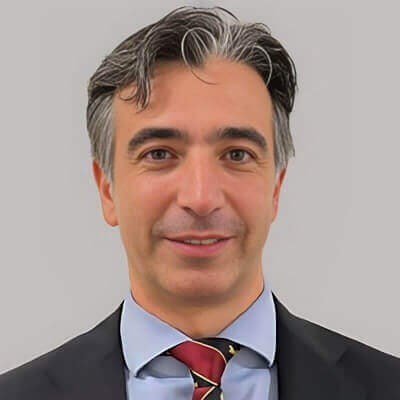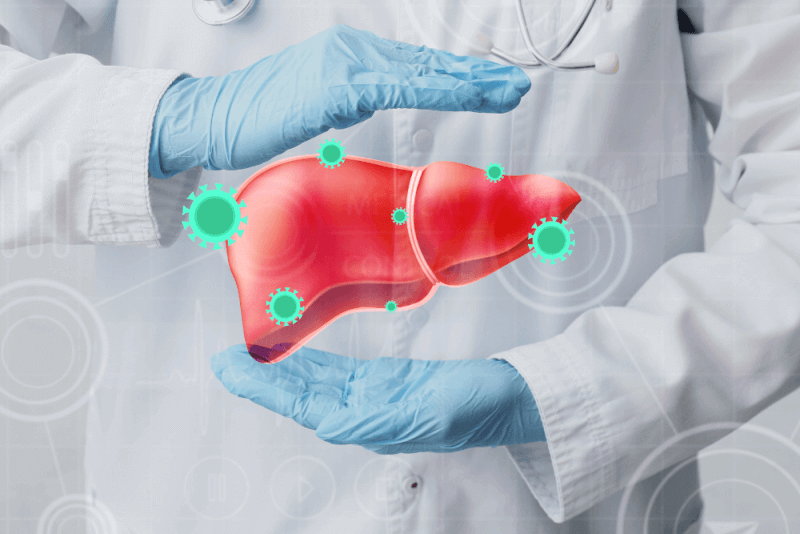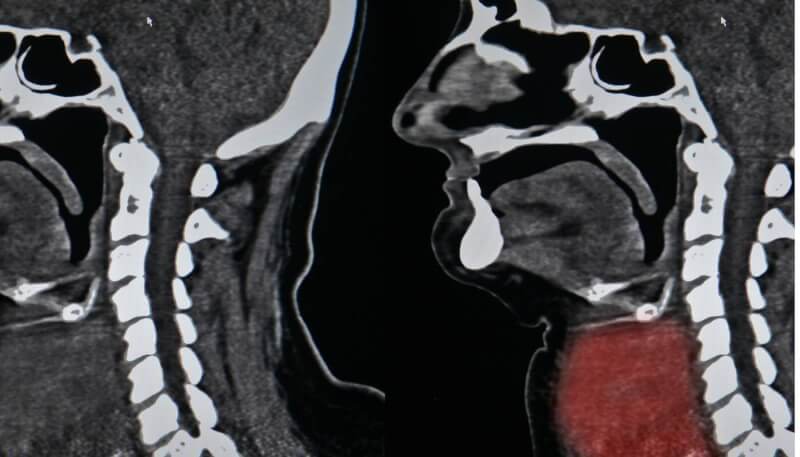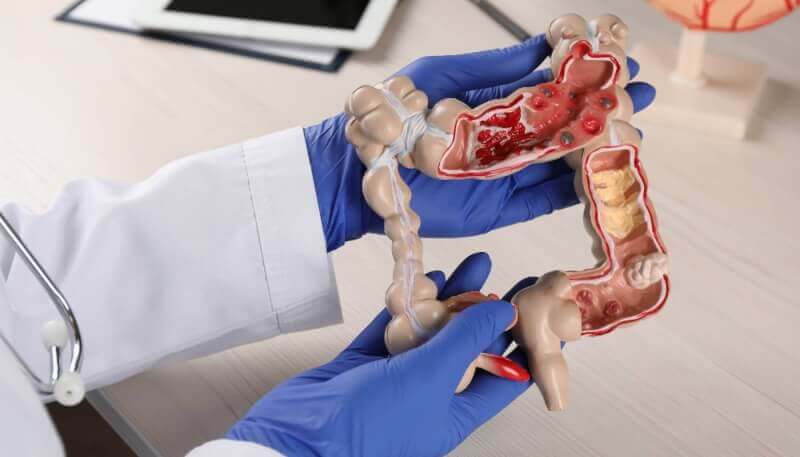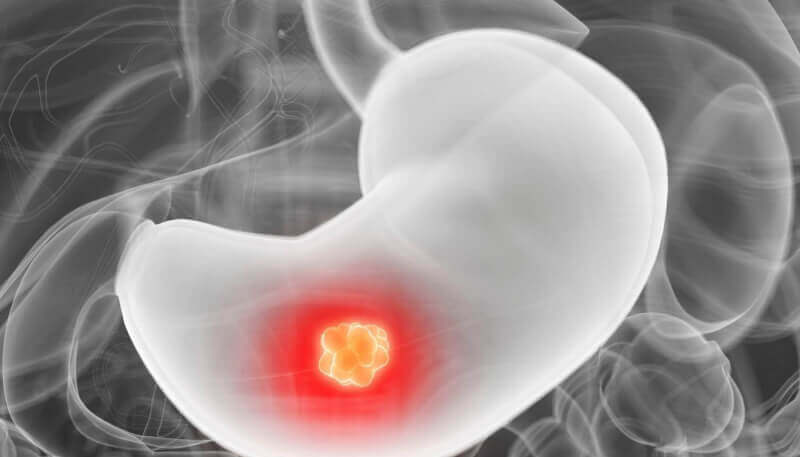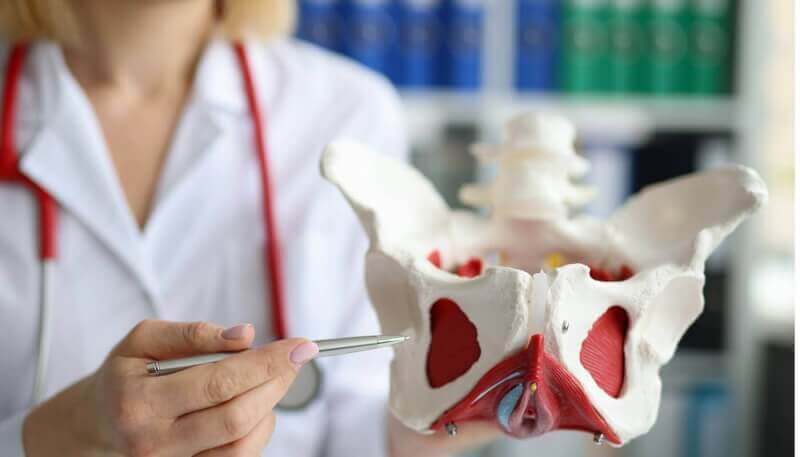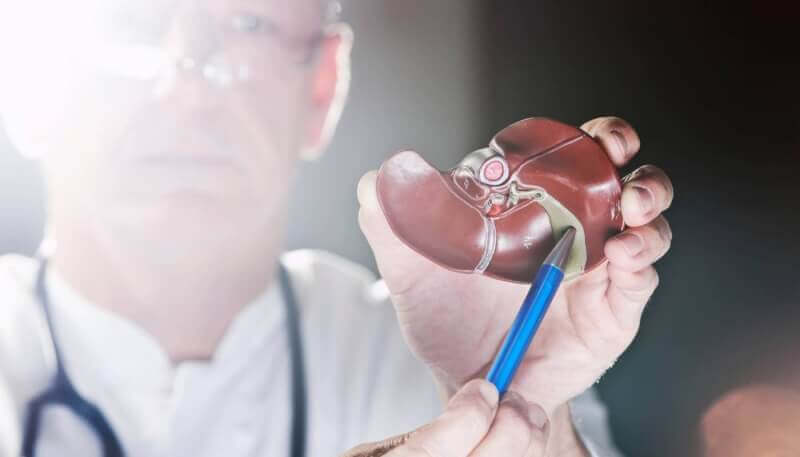The general surgery department is a unit where general surgery doctors and medical staff come together and this unit serves patients with certain standards in terms of surgery and postoperative care. In order to carry out the process in a healthy way in hospitals, operating rooms and medical care units, there are expert staff to cure diseases in the field of general surgery, aiming for the best result.
With a clear definition, general surgery is the repair of the disease by surgery in diseases that cannot be treated with medication or other medical methods. In fact, within the general surgery department, studies are carried out in cooperation with different specialties such as endocrinology, oncology and traumatology according to their fields of study. Along with the open operations of the old periods, much more successful results are achieved in general surgery with the use of modern robotic technologies today.
What are the diseases that the General Surgery Unit diagnoses and deals with?
As an answer to the question of what general surgery does in a medical institution; basically, the specialized doctors and staff in this department ensure that the surgical processes are carried out and that the subsequent processes proceed in a healthy manner. In this context, the general surgery unit uses many different methods such as X-ray, MRI, tomography, PET, blood tests, ultrasound and biopsy to perform diagnostic procedures in many different diseases.
If the question of which diseases general surgery deals with needs to be examined more comprehensively, it can be determined which specialists of the unit will perform the treatment depending on the region of the organ or body system where the surgery will be performed. Because, for example, surgery for a disorder in the digestive system is performed by general surgery, as well as surgeries in endoscopic and laparoscopic systems are performed by this unit.
In the general surgery department, for example, thyroid gland surgeries are performed by endocrinology specialists, while general surgery physicians specializing in this field act as operators in surgeries for oncology patients. Accordingly, while general surgery works simultaneously with specialist doctors from different departments, it collaborates with units such as radiology, pathology and medical oncology both during surgery and in the application of treatment methods. In this context, the general surgery unit can work in many fields such as digestive system, traumas, cardiovascular surgery, plastic surgery, bariatric surgery, orthopedics, cardiovascular surgery, endocrine system.
Among the diseases diagnosed and treated in the general surgery department;
- Stomach surgeries
- Small intestine, large intestine and duodenum surgeries
- Breast surgeries
- Liver surgery
- Adrenal gland operations
- Spleen, liver, gallbladder, biliary tract and pancreas surgeries
- Rectum and anus area operations
- Laparoscopic and endoscopic surgeries
- Hernia operations
- Oncologic surgery
- Goiter operations and endocrine surgery
- Obesity surgeries
- There are points such as organ transplants


